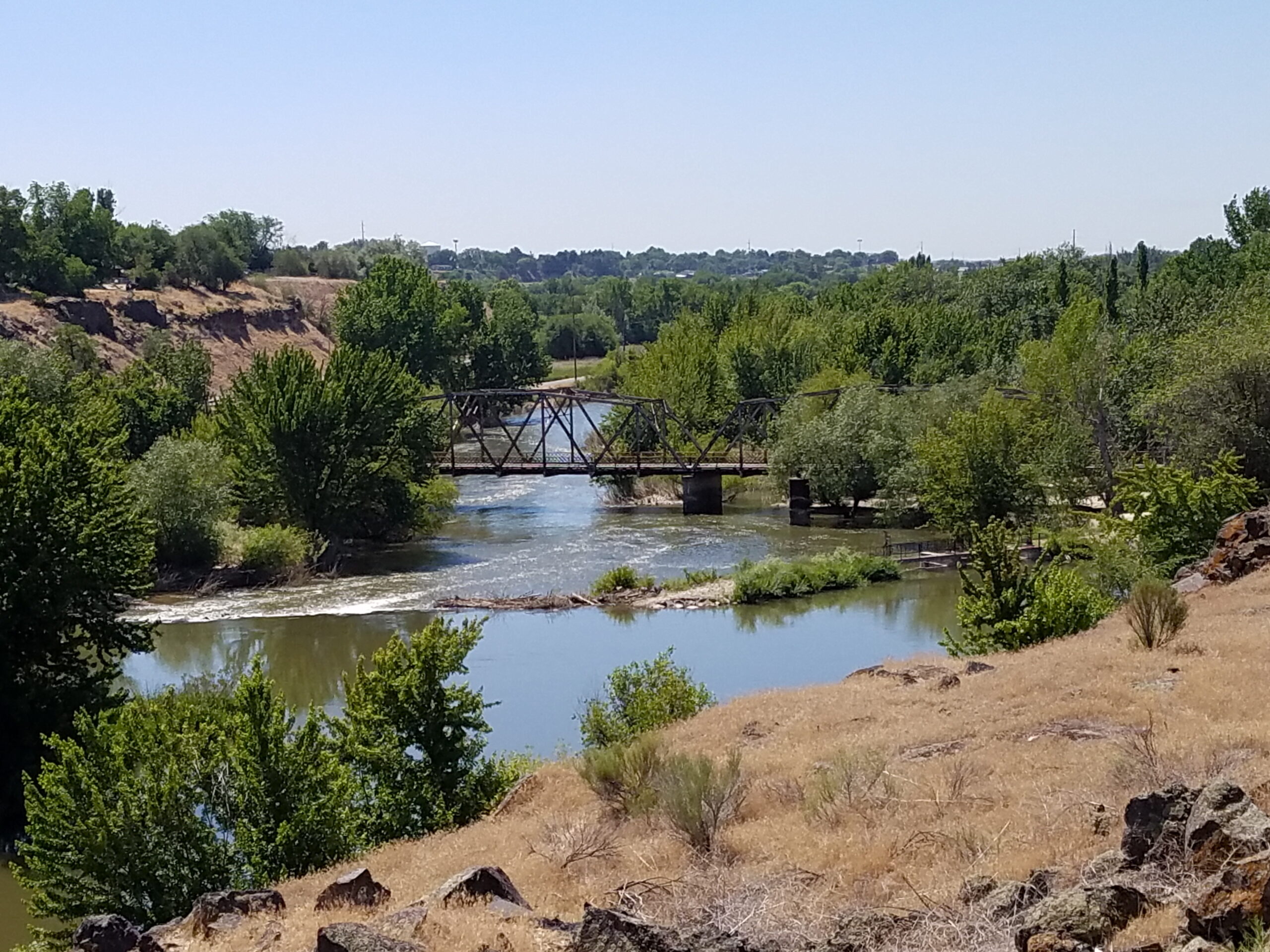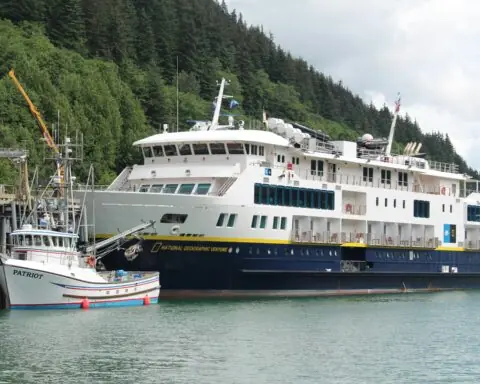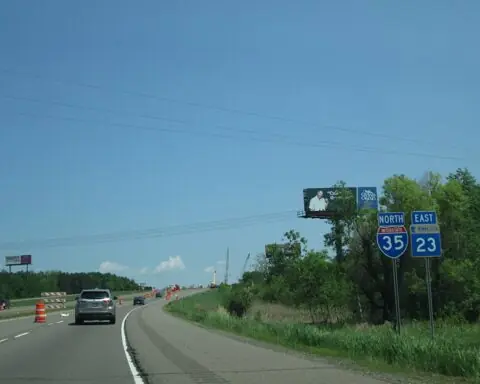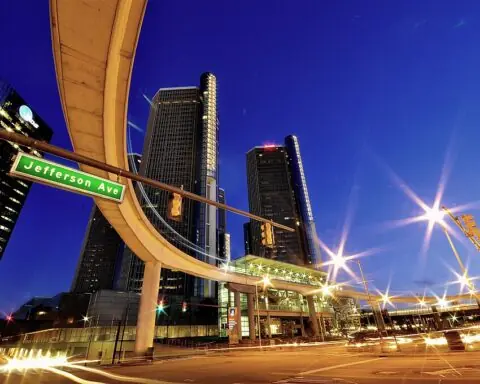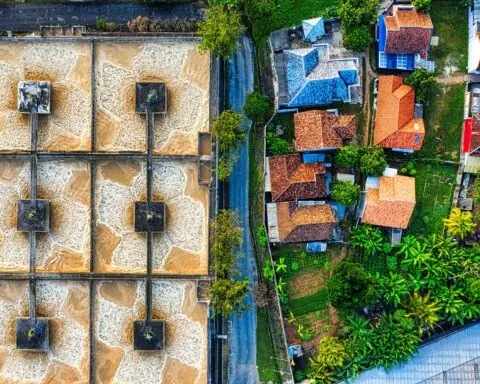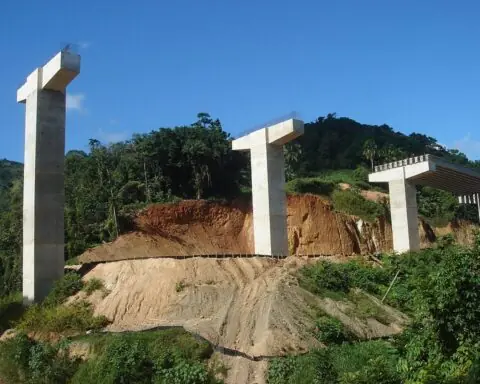The Department of the Interior has awarded $41 million for projects in 11 states to improve water resources for communities facing drought and other climate change impacts.
The projects will support instream and riparian restoration, canal lining and piping, fish habitat improvements and fish passage, the DOI said.
The announcement builds on a $51 million investment for Environmental Water Resource Projects through the same program in 2023.
RELATED: Central Valley water plan seeks to prevent drought, protect salmon migration
“The projects selected are working through a collaborative process to achieve nature-based solutions for the health of our watersheds and river ecosystems to increase drought resiliency,” said Bureau of Reclamation Commissioner Camille Calimlim Touton. “This historic investment from the Bipartisan Infrastructure Law gives Reclamation the opportunity to continue to collaborate with our stakeholders to leverage funds for these multi-benefit projects.”
Projects selected to receive this funding through Reclamation’s WaterSMART program are in California, Colorado, Hawai’i, Idaho, Montana, Nebraska, Nevada, New Mexico, Texas, Washington and Wyoming.
Projects will enhance water conservation and efficiency, make water management and infrastructure improvements, restore rivers and watersheds and advance nature-based solutions that provide significant ecological benefits while also providing critical support for communities facing climate catastrophes.
Projects include:
- $5 million for the San Juan Chama Watershed Partnership in New Mexico, and their fiscal sponsor the Chama Peak Land Alliance, who will partner with the Albuquerque Bernalillo County Water Utility Authority and landowners to conduct forest thinning projects on approximately 3,500 acres in the San Juan-Chama Region. The project will reduce fire risk in watersheds that supply drinking water to Albuquerque, Santa Fe, numerous tribes and pueblos and many rural and disadvantaged communities.
- $3 million to the City of Nampa, Idaho, which will restore approximately 200 acres of riparian corridor along the Boise River. With this project, the city will protect 80 acres of cottonwood-dominated gallery forest and create 22 acres of new cottonwood forest containing a mix of wetland and riparian habitats. The city will also reconnect side channels and wetland areas, create 6,000 feet of perennial side channel habitat for fish and other aquatic species, and retore riparian vegetation to provide shading and habitat areas to help reduce water temperatures. The project will result in improved water quality, increased habitat complexity and more robust native vegetation communities.
- $3 million to the Yurok Tribe Fisheries Project in California, which involves creating instream habitat and developing new floodplain areas along the upper section of Weaver Creek, a tributary to the Trinity River. The tribe will construct new habitat features including 4.96 acres of floodplain, 1.23 acres of overflow channels, 0.94 acres of constructed riffles, 0.37 acres of channel fill and 0.36 acres of low flow channels. These enhancements will increase the structural complexity of the project reach and mitigate the impacts of low flows, which can lead to dry channel conditions on Weaver Creek. The Yurok Tribe is collaborating with the Nor Rel Muk Wintu Nation, federal land managers, the Weaverville Sanitary District and adjacent landowners for this restoration project.
Photo courtesy Tamanoeconomico, CC BY-SA 4.0 https://creativecommons.org/licenses/by-sa/4.0, via Wikimedia Commons



